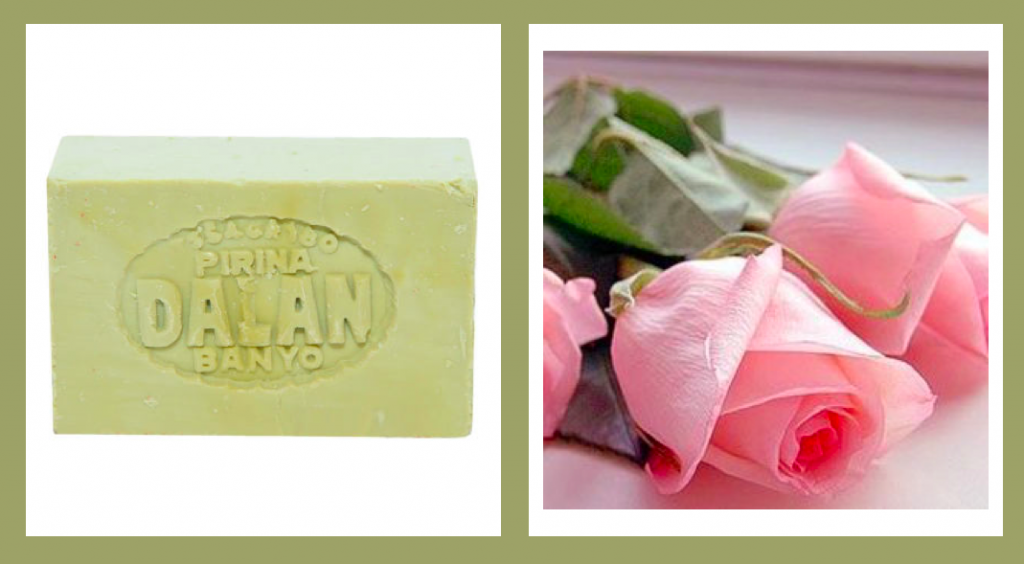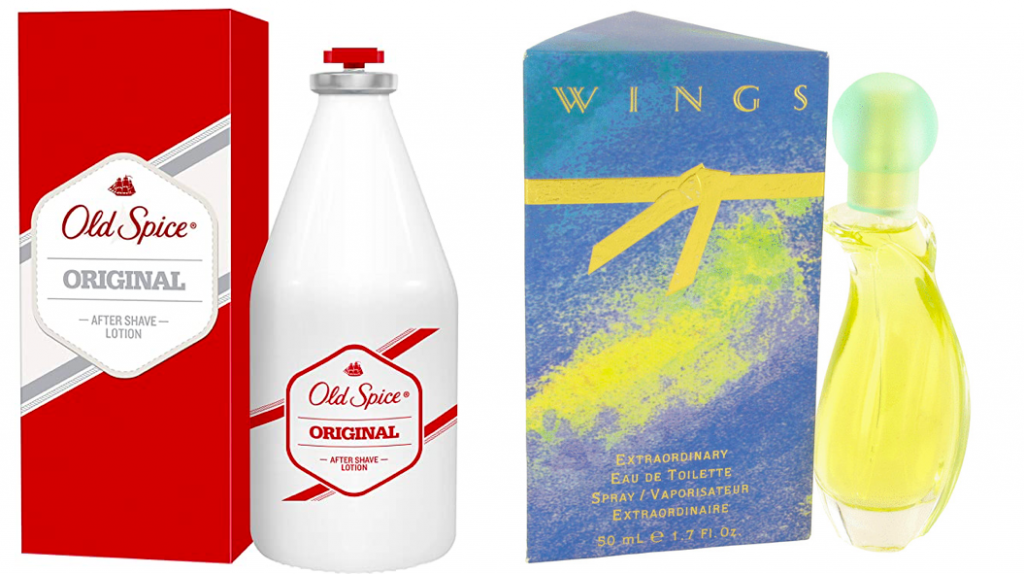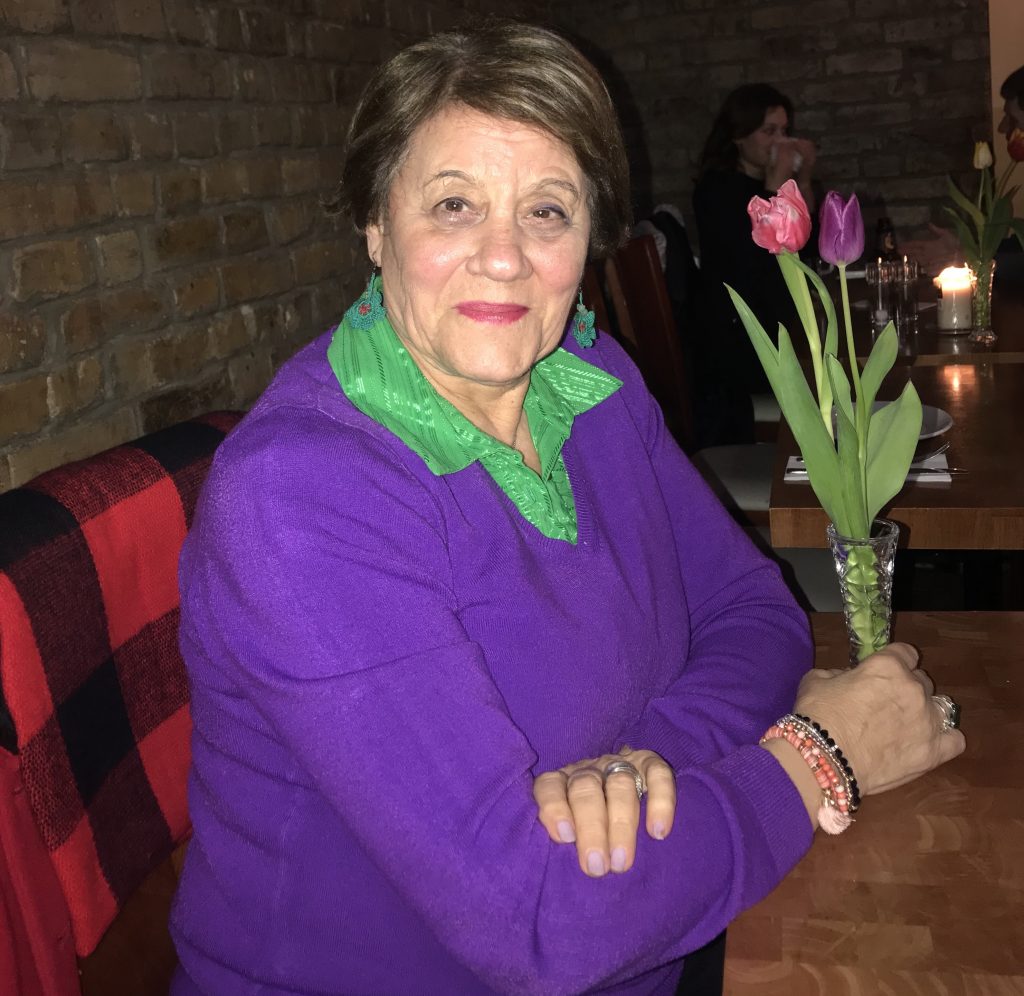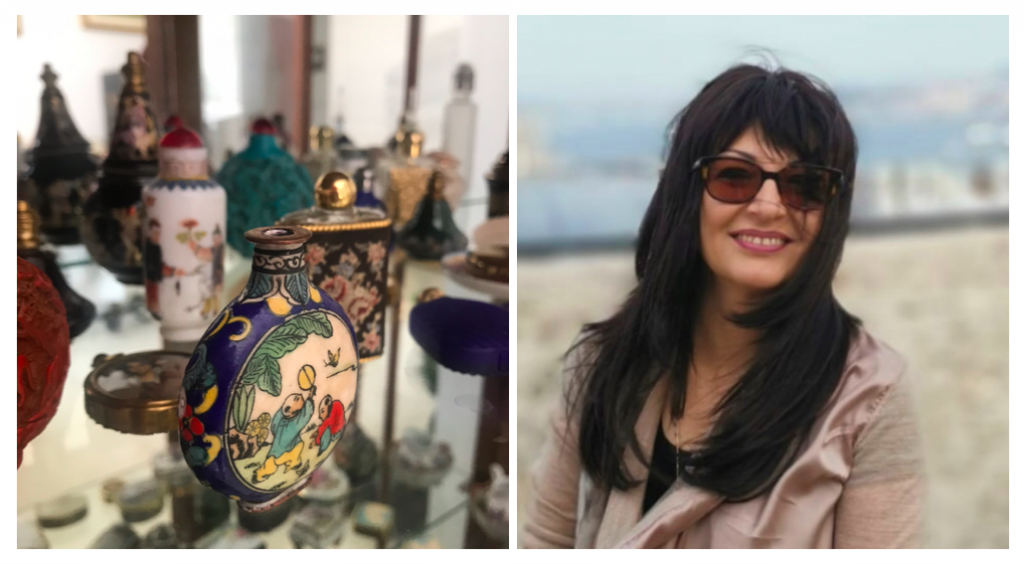The jessamine is odorous; so
Maid lilies are, and clematis
And where tall meadowsweet flowers grow
A rare and subtle perfume is; –
What can there be more choice than these? –
A rose when it doth bud and blow.”
- By Christina Rosetti (1830-1894)
When I began interviewing people about their memory of smell I was often asked about the reasons, “Why am I interested in the subject of olfactory?” The answer is not short, but simple.
I had always planned to conduct some research into the memory of smell as someone who has researched the area of memory, belonging, heritage and migration for over thirty years.
I have always had a special interest in odour and have been collecting miniature perfumes bottles for many years.
Aside from my personal collection, however, my sense of smell is very strong; it is so strong that it shapes and influences everything around me. Sometimes I can be intolerable to certain smells while some other times I can smell exceptionally beautiful or specific odours. It seems I have a far more heightened sense of smell compared to other people.
Odours are linked to our smell memory bank. As I started conducting this small research into smell, I discovered the growing value of the global fragrance market, now estimated to be worth $52.4 billion. It was valued at $38.1 billion in 2013, marking a 20% rise in the market in seven years.
So, why are perfumes so important to individuals? Why do people spend so much money on perfumes? Why does the fragrance industry grow every year? And why are some scents perfect for one individual, but not ideal for another?
I am not a fragrance expert and do not work in the area, but surely all these questions can be answered by the specialists working in the industry.

French couturier Jean Paul Gaultier said, “Perfume is the most intense form of memory.” I do also strongly believe, like Gaultier, that our memory of early childhood odours or our smells of home has a significant link to the perfumes we may use. For this reason, I wanted to find out from the interviewee’s which perfumes they are using or have used in the past.
It was interesting to interview individuals who came to Britain from diverse backgrounds and from different parts of the world. On the topic of smell memory, I wanted to understand if any specific or distinct odour really struck them when they first arrived in Britain.
Although this is currently small field work and not in-depth research on the subject, I can confirm it is a pioneering study. To date there has been very little investigation into the smell memory of immigrants with different ethnic identities and nationalities in Britain.
Smell is a tool of our belonging, identity and heritage, and therefore it is important to find out how we relate to our olfactory heritage.
Smell is also a social-cultural phenomenon. Its significance can be explored by examining the impact of different scents in our daily lives and how these influence the way we engage with our own history. Smell often plays a substantial role in shaping how we react with our own and other cultures, and to understanding who we are and to where we belong.

In memory research, the engagement of smell with the past has not yet been sufficiently examined. We know that a scent can bring back memories of good or bad smells, which can evoke memories affecting our daily life as there is a strong connection between memory and emotions.
Emotions and the sense of smell are also strongly connected to one another. A scent can evoke intense emotions, and even a small amount of perfume can simultaneously trigger memories. It’s especially important as smell is the only sense among all five senses which are connected very intimately to our memory. Smell leads the memories to the brain and then stores them as long term recollections.
Everything in the 21st century has become more about visuals, and to an extent our sense of smell has been side-lined in importance. As a result, olfactory is an under-researched and an overlooked area.
I hope these small ‘odour memories’ recordings I have made are helpful in inspiring further research on the connection between olfaction and heritage.
It is also worth remembering what Marcel Proust once said:
“When nothing else subsists from the past, after the people are dead, after the things are broken and scattered…the smell and taste of things remain poised a long time, like souls…bearing resiliently, on tiny and almost impalpable drops of their essence, the immense edifice of memory.”
The smell memories of Turkish Cypriots from home and Britain
Sonay Yakup Yakupsoy

Sonay is 72-years-old, and was born in Cyprus. She is a writer-poet and retired sample machinist, who came to London in 1970. She told me:
“My first memory of smell is of yeşil sabun [green soap], which was used in nearly all Turkish households in Turkey and Cyprus. The smell of green soap for me means home.
“When I arrived at the airport from Cyprus to live in the UK for good, my fiancé picked me up and he had used Old Spice [British male fragrance]. My first scent memory of Britain is the perfume of my late husband, what he was wearing that day, and still is.
“I personally use the fragrance ‘Coco’ by Chanel.”
Arife Retvan

Arife is 75-years-old, and was born in Cyprus. She is a retired teacher and community activist, who came to London in 1985. She said:
“As my mother was using carnation cologne, my first memory of scent is the smell of carnation. It stayed with me as the scent of my home.
“The first time when I went to a museum in 1985 in London, a woman passed by me with a beautiful smell. I ran after her and asked what perfume she was wearing and asked her to write it down for me. It was the perfume ‘Wings’.
“‘Wings’ perfume is my first memory in Britain as a scent and since then I am using the same perfume.”
Nazan Atakan

Nazan is 61-years-old, and born in Cyprus. She is a former production director and community activist, who came to London in 1977. She said:
“Rose was the scent my mother used. The smell of rose for me is the smell of home. Every year I still get the rose fragrance from Cyprus, it’s very special for me.
“Someone bought me the fragrance Avon-Elegance as a gift from Britain, so I started using it until 1984 when they stopped making it. Avon-Elegance is the first memory I have of Britain and it never changed.
“Now I am using the perfume ‘Chance’ by Chanel.”
Semra Eren-Nijhar (pictured top with fragrance bottles) is an author, sociologist, documentary film maker & policy consultant on diversity, migration, Turkish people living in Europe and the Executive Director of SUNCUT.





